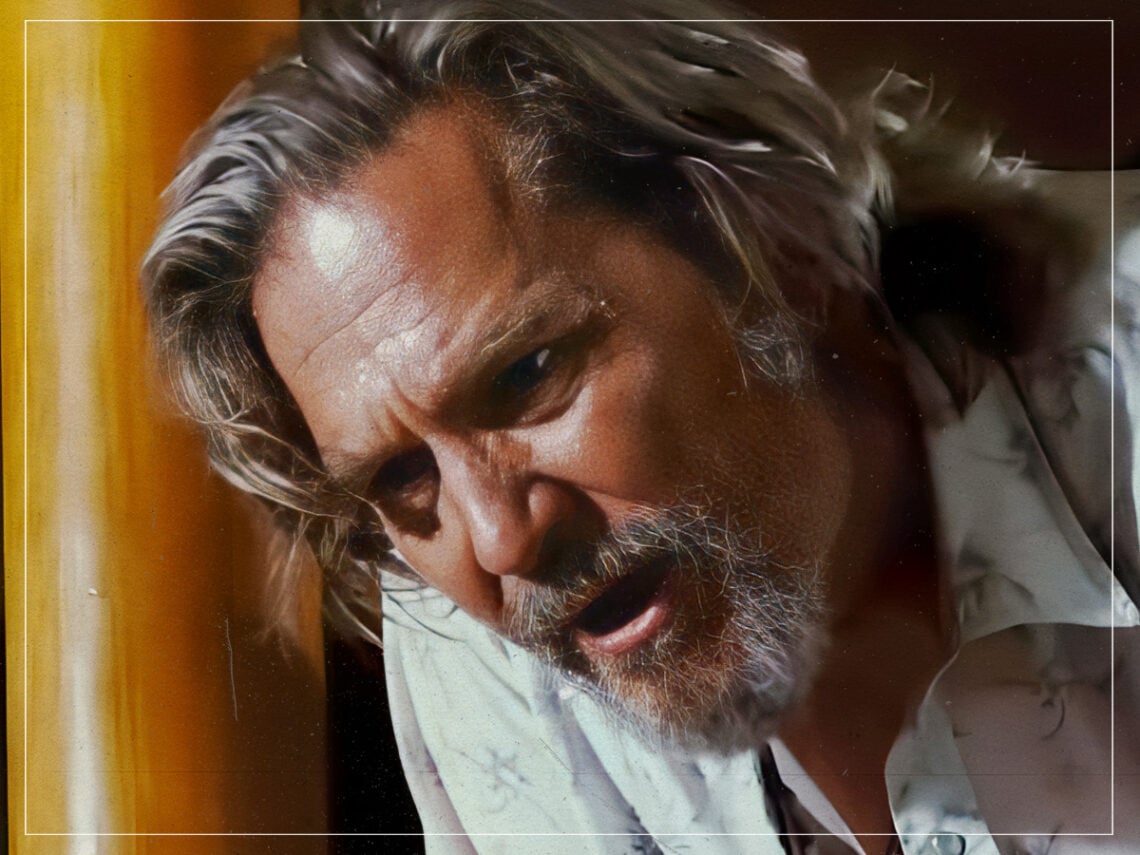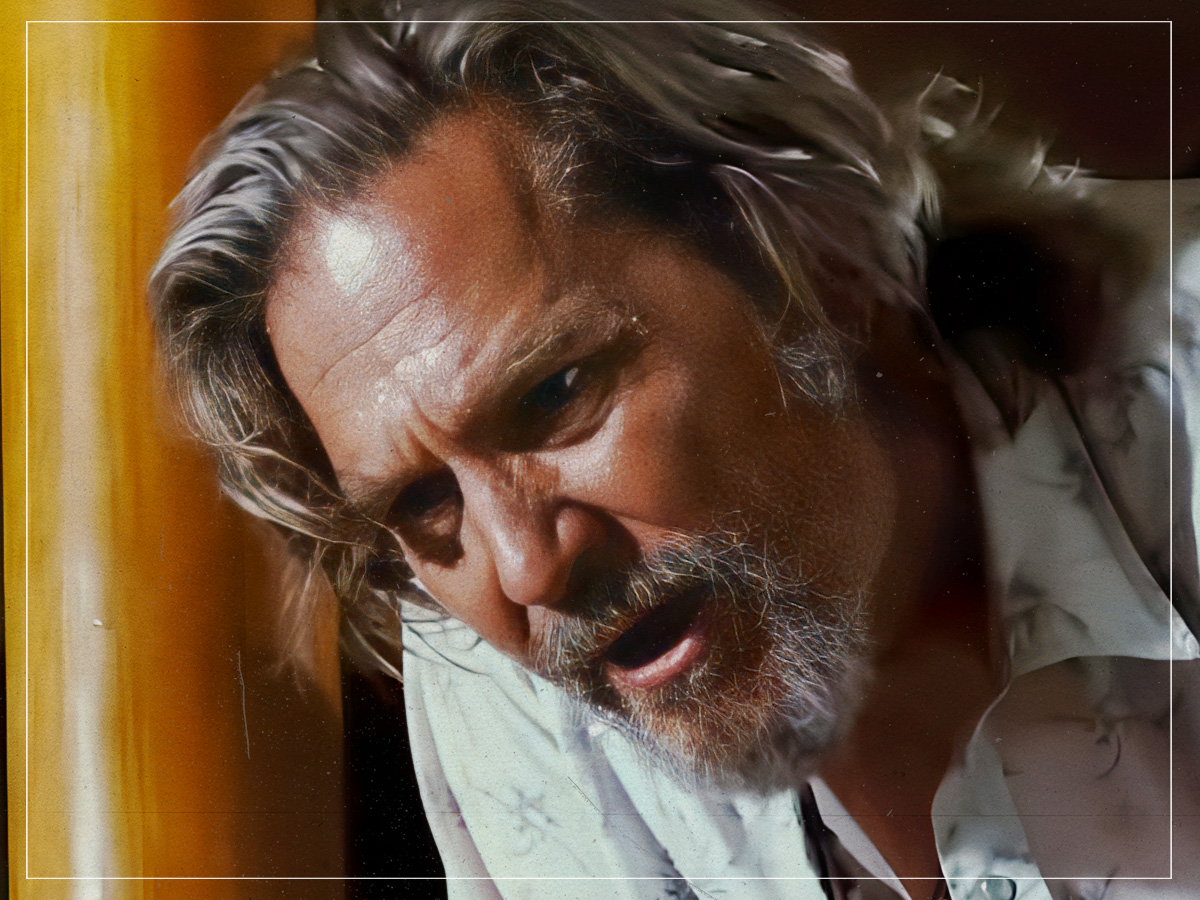
(Credits: Far Out / Searchlight Pictures)
Sat 17 May 2025 23:30, UK
It’s highly likely that Jeff Bridges can barely go a day or two without someone reminding him, “The Dude abides.” Whether it’s a fan excited to meet him on the street, or a castmate, or a studio executive who is a big fan of his enduring performance as the amiably stoned protagonist of The Big Lebowski, Bridges will always carry the public persona of a similarly relaxed, go-with-the-flow dude.
Largely, this may very well be the case; Bridges is charmingly laid back and philosophical in most interview situations. However, contrary to the perception that he’s effectively The Dude in real life, Bridges is actually a fastidious, well-prepared actor who knows his scripts inside and out. He may be relaxed when talking about a film after the fact, but on-set, he’s as precise as they come. This meticulous process has always served him well, but it was also the source of an uncomfortable period when he struggled to abide by what was happening around him.
When Bridges arrived on the set of a 2007 action blockbuster, script in hand and lines learned backwards and forwards, he was shocked to find that the studio behind the movie had thrown that script out. In fact, on that first day filming Iron Man, the newly-formed Marvel Studios had created an atmosphere in which director Jon Favreau, plus stars Robert Downey Jr and Bridges, had no idea what they were supposed to shoot.
“There was a lot of confusion about what our script was, what we were gonna say,” Bridges lamented to Vanity Fair. He, Favreau, and Downey Jr had done a lot of work on the script ahead of time, and even rehearsed large portions of it, so when he was told it all had to change, it boiled his blood. “It drove me absolutely crazy,” he admitted.
Over the next several weeks, Bridges claimed the situation didn’t improve at all. He estimated that he showed up for work as many as 15 times, and nobody knew what was on the docket for the day. He recalled sitting in his trailer “trying to figure out my lines, man, on the day,” while Marvel executives stood around “tapping their foot, looking at their watch.”
Within this semi-organised chaos, Bridges claimed he and Downey’s lines were often swapped, which sounds insane considering Downey was playing the hero and Bridges the villain. “Downey’s saying, ‘You try my part, I’ll try your part’; Favreau calling up writer friends, ‘Now here’s this scene, what do you think?’; and it’s driving me crazy! I’m pissed!”
ultimately, Bridges realised the production of Iron Man would truly be bad for his mental health if he didn’t make one minor adjustment in his head. This shift in outlook was the only way he believed he could get through without losing his marbles, so he simply told himself, “Jeff, just relax. You’re making a $200million student film. Just relax and have fun.”
Amazingly, this change of perspective worked wonders for Bridges, who eventually found the fly-by-the-seat-of-your-pants nature of Iron Man’s production to be creatively stimulating. Blockbusters on this scale were typically run like a tight ship, with little room for inspiration or creativity on any given day. However, because Marvel was brand new to the moviemaking game, it was essentially making it up as it went along. No one knew if Iron Man would be a hit or the only movie the studio would ever get to make, so the outlook of everyone involved was, “Let’s try it.”
Naturally, this improvisational approach largely disappeared as Marvel developed into the multi-headed hydra that it became. But back in ’07, when the future wasn’t set in stone and nobody really knew what they were doing, everything was on the table. As Bridges smiled, it meant he was allowed “to play with these two incredible artists and just jam, and that’s what we ended up doing.”
Related Topics
Subscribe To The Far Out Newsletter
